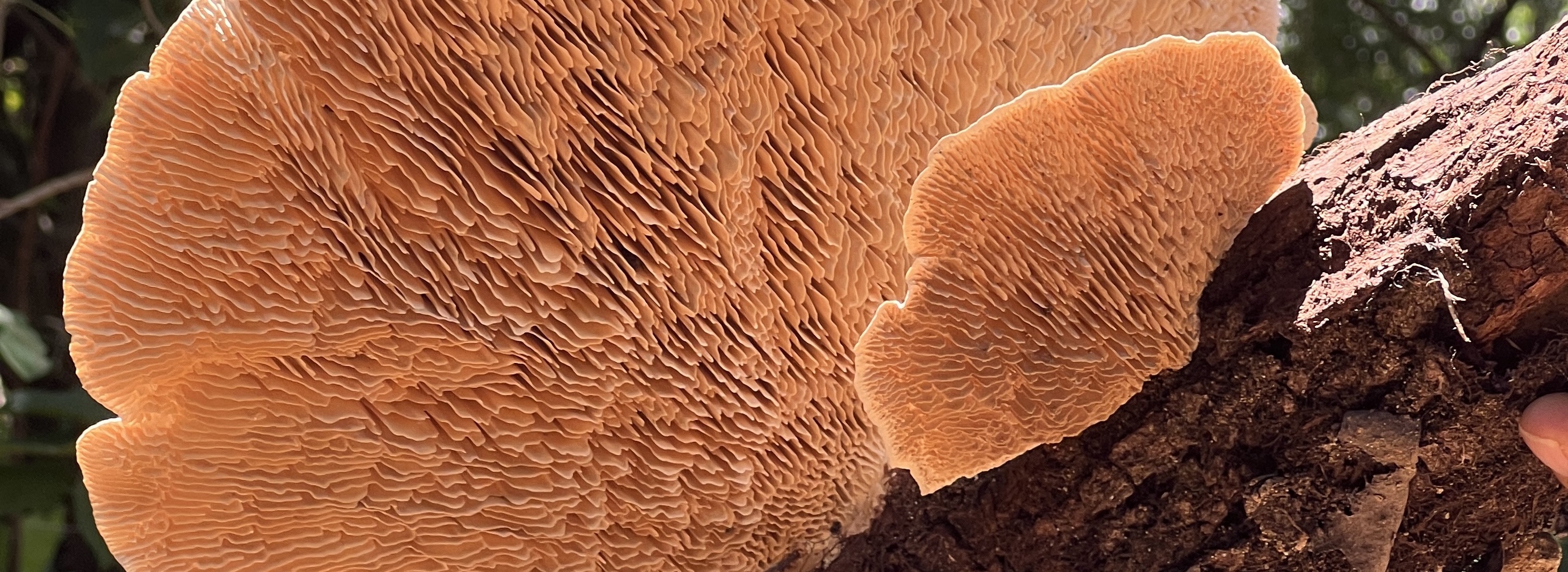
Monteverde Institute: Tropical Ecology and Conservation
Alternative Title
Dieta de aves y murciélagos frugívoros en Monteverde: potencial dispersión de semillas en áreas naturalmente alteradas
Files
Download Full Text (308 KB)
Publication Date
December 2017
Abstract
After a natural disruption clears away the previous plant community, plants from the new vegetation succession will exploit the newly opened up spaces and start growing in this area. Seed dispersal by aerial animals is important in the new vegetation succession because it allows seeds from places relatively far away to access the area. In early October the storm Nate caused flash floods and landslildes, which disturbed many natural habitats in Monteverde. In this study I investigated plant species that naturally grow in disrupted areas by looking at what kind of seeds are dispersed by the frugivorous birds and bats in Monteverde, and what seeds actually land in an area opened up by the storm recently. I collected fecal samples from birds and bats, and also set seed traps in a newly opened area caused by a flash flood. By analyzing the samples, I found nine species of bird dispersers and two species of bat dispersers, dispersing 19 species seeds from 12 plant families. Throughout my samples I found that both birds and bats can contribute to the diversity in a new vegetation succession. Large amount of seeds in the family Passifloraceae, Piperaceae, Solanaceae and Primulaceae are distributed by birds and bats. One species in particular, Myrsine coriacea, are dispersed by a varied of birds, and were found in the seed traps too. Therefore Myrsine coriacea in the family Primulaceae, has a high potential of growing in new vegetation succession after this major natural disruption.
Resumen
Los ecosistemas naturales están sujetos a alteraciones naturales ocasionadas por factores ambientales como tormentas o huracanes. Estos fenómenos pueden provocar deslizamientos o cabezas de agua que barren con la vegetación de un área. Estas áreas recientemente abiertas pueden ser explotadas por nuevas especies, iniciando así un proceso de regeneración natural del bosque. La dispersión de semillas por animales voladores como aves y murciélagos puede ser un factor importante en este proceso debido a que permite que semillas de sitios alejados alcancen el área recientemente alterada. A principios de octubre del 2017 la tormenta tropical Nate ocasionó cabezas de agua y deslizamientos extensos, provocando grandes alteraciones naturales en el bosque nuboso de Monteverde. Mi objetivo en este estudio fue determinar el potencial de diferentes especies de plantas para llegar a estos sitios alterados, basado en la dispersión de semillas por aves y murciélagos. Colecté muestras de heces de aves y murciélagos las cuáles examiné buscando encontrar semillas. Además coloqué trampas de semillas en un área naturalmente alterada como consecuencia de una cabeza de agua, la cual se ubicaba a menos de un kilómetro del sitio de captura. Nueve especies de aves y dos especies de murciélagos presentaron semillas en sus heces. Encontré 19 especies de semillas provenientes de 12 familias de plantas. Las familias con mayor cantidad de semillas dispersadas por aves y murciélagos fueron Passifloraceae, Piperaceae, Solanaceae y Primulaceae. Un especie en particular, Myrsine coriacea, es dispersada fue encontrada tanto en muestras de varias especies de aves como en las trampas de semilla. Esto sugiere que algunas de las semillas que alcanzan las áreas alteradas llegan allí por medio de dispersión por animales voladores, promoviendo así la regeneración natural en estos sitios.
Keywords
Seeds--Dispersal, Seed dispersal by bats, Seed dispersal by birds, EAP Fall 2017
Palabras claves
Semillas--Dispersión, Dispersión de semillas por murciélagos, Dispersión de semillas por aves, EAP Otoño 2017
Extent
17 pages
Geographic Location
Monteverde (Puntarenas, Costa Rica)
Holding Location
Monteverde Institute
Language
English; Spanish
Media Type
Articles
Format
Digital Only
Identifier
M39-00662
Type
Book
Recommended Citation
Yu, Yibing, "Diet of frugivorous birds and bats in Monteverde: Potential seed dispersal in naturally disrupted areas, December 2017" (2017). Monteverde Institute: Tropical Ecology and Conservation. 200.
https://digitalcommons.usf.edu/tropical_ecology/200


